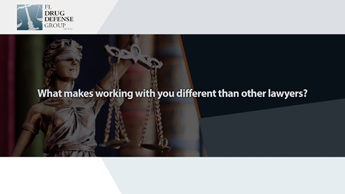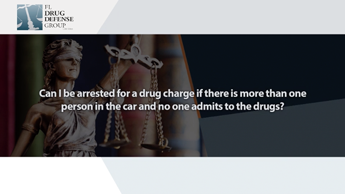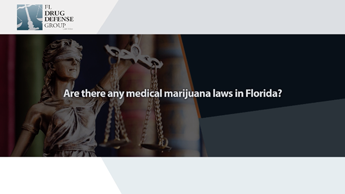Florida Laws About Identifying Yourself to Police

Things can quickly get ugly when, one minute, you were just minding your business, and the next, a police officer wants to search your property and claims that there is probable cause to do so. Just as in unpleasant social situations, you should remember that you have more control over what you say and do than you do over what the other person says and does. If you think that you have the right to remain silent, you are probably right; to be sure, you should explicitly invoke the Fifth Amendment. There are few scenarios where the police have the right to compel you to speak. When police are investigating a possible crime, they may ask you your name, and you must answer, even if it is not clear whether they believed that you played a role in the alleged crime. You do not have to tell police anything else except your name, and if they do not have a search warrant, you have the right to refuse a search of your property if they ask. The possibility remains that the police will search your property even if the search is illegal; if this happens, you can successfully challenge the evidence the prosecution wishes to present in court that resulted from the search. For advice about traffic stops and searches of personal property in relation to drug cases, contact a Florida drug offenses attorney.
Drivers Must Show Their Driver’s License to Police Officers During a Traffic Stop
When you drive a car, you are implicitly agreeing to follow traffic laws, which include carrying a valid driver’s license with you. The police can pull you over if they see you break a traffic law or if they recognize your license plate from the scene of a crime they are investigating. Asking to see your license and vehicle registration is a routine part of traffic stops. Once you do this, you have fulfilled your obligation. The police might claim that they have probable cause to search the car, but you have the right to consent to the search.
If you are a passenger in the car that gets pulled over, you must tell the officer your name if he or she asks. You cannot get in trouble for not having your driver’s license with you.
What If the Police Suspect You of Loitering and Prowling?
If you are not driving, but police think that you are up to no good, they can accuse you of loitering and prowling; therefore, their request for your name becomes a legal obligation, because they are technically investigating a possible crime. Beyond telling the officer your name, you do not have to answer any questions. You can invoke the Fifth Amendment. The officer might arrest you, with or without good reason, but your chances of avoiding prosecution are good.
Contact FL Drug Defense Group About Drug Cases
A Central Florida criminal defense lawyer can help you if you are a defendant in a drug case that began with accusations of loitering and prowling. Contact FL Drug Defense Group in Orlando, Florida to discuss your case.
Source:
msn.com/en-us/news/us/do-you-know-your-rights-17-things-you-don-t-have-to-answer-when-stopped-by-police/ss-AA1wWKhO?ocid=msedgntp&pc=ACTS&cvid=24c2710d5d1840119dfb5346ec154ea6&ei=49#image=9







